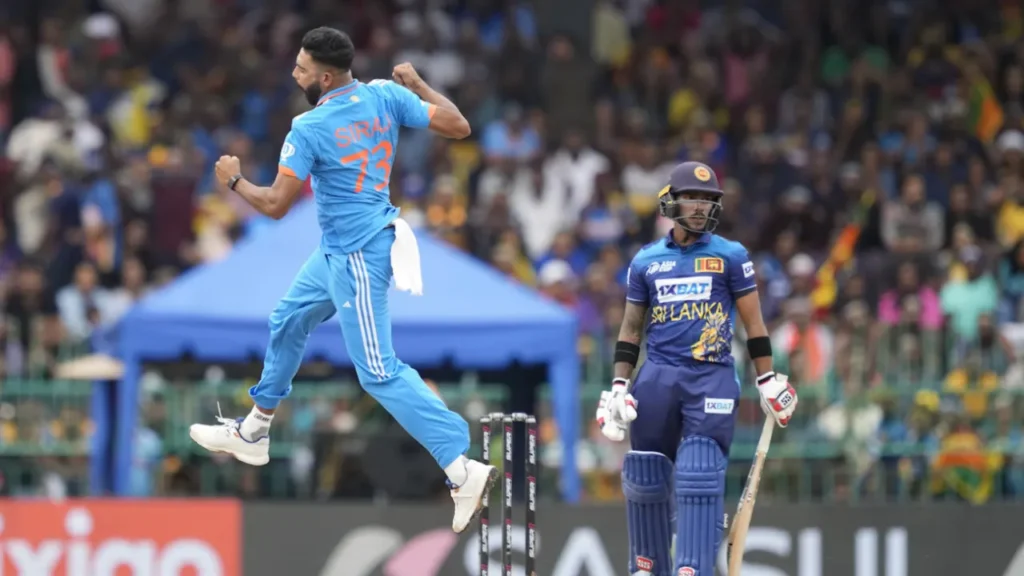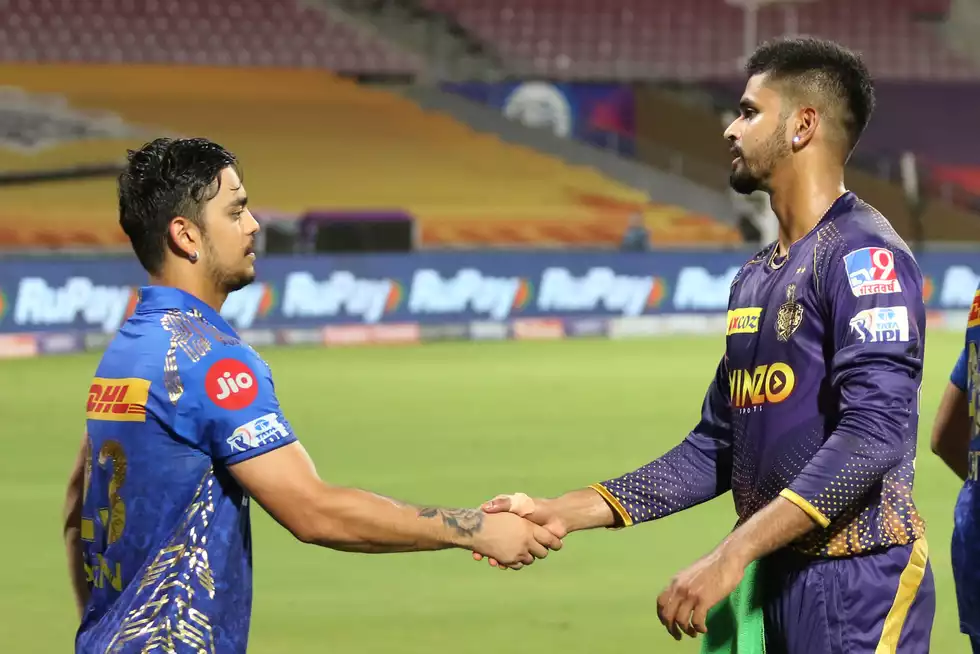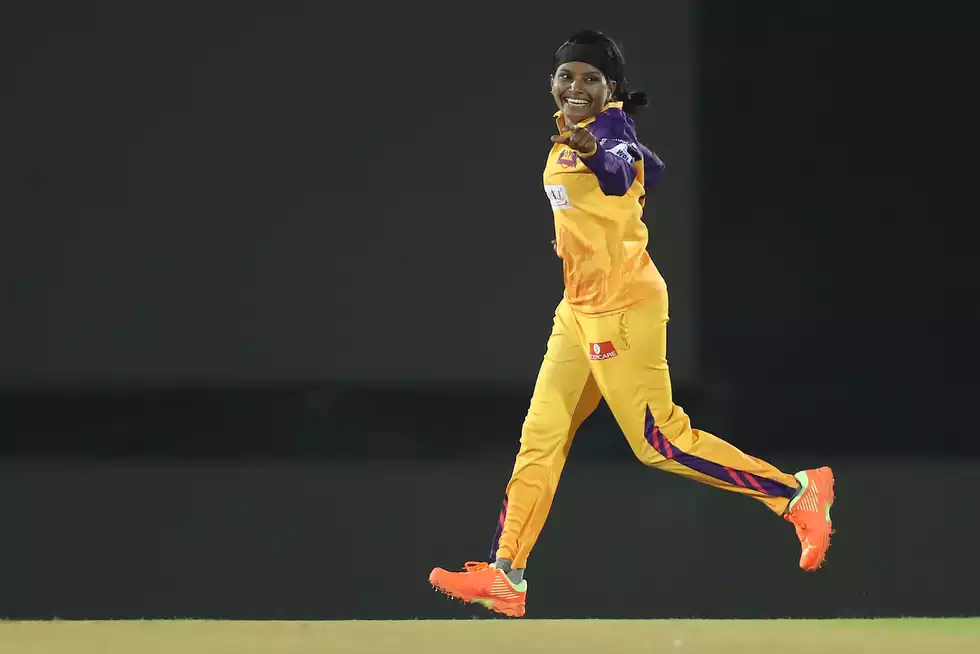Records fall as Siraj revels in Colombo during the third-shortest men’s ODI match ever played.
In the Asia Cup final, Mohammed Siraj gave the Sri Lankan team a rough time. As Sri Lanka was bowled out for fifty runs in seven overs, he unleashed a devastating spell of swing and seam bowling, recording figures of 6 for 21. India, on the other hand, won the Asia Cup for the seventh time after finishing the chase in just 6.1 overs. These are a few important game numbers.
50 – Sri Lanka’s total in the men’s ODIs versus India in Colombo is the lowest of any side. The lowest score ever recorded was Bangladesh’s 58 all out in Mirpur in 2014.
1 – Sri Lanka’s men’s ODI totals that are less than 50. In the 2012 Paarl ODI against South Africa, their lowest score was 43 all out. In men’s ODIs in Sri Lanka, it is also the second-lowest total, after only Zimbabwe’s 38 all out in 2001.
1 – In the men’s ODI final, Sri Lanka’s 50 all out is also the lowest score by any team. The lowest score ever recorded was 54 in the 2000 Champions Trophy final between India and Sri Lanka.
Siraj’s bowling statistics against Sri Lanka (6 for 21) are now the second-best of any bowler participating in the men’s ODI Asia Cup. The greatest stats are still Ajantha Mendis’s 6 for 16 against India in the 2008 final.
3. The quantity of bowlers who have performed better than Siraj in an ODI final for men. In a men’s ODI final, only Aaqib Javed (7 for 37 against India in 1991) has taken more than six wickets. In men’s ODIs, Siraj’s 6 for 21 is also the fourth-best performance by an Indian bowler.
16 balls are required for Siraj to finish his five-wicket haul, which is the joint-fastest in men’s ODIs with ball-by-ball data. In a 2003 World Cup match against Bangladesh, Chaminda Vaas needed only 16 balls to take his first five wickets; earlier this year, against Jersey, USA’s Ali Khan likewise needed just 16 balls to take a five-for.
In the third over of Sri Lanka’s innings, Siraj claimed four wickets. In men’s international matches (where ball-by-ball statistics is available), he is now the only Indian bowler to capture four wickets in one over. In men’s ODIs since 2002, only three other bowlers have taken four wickets in an over: Vaas against Bangladesh in 2003, Mohammad Sami against New Zealand in 2003, and Adil Rashid against the West Indies in 2019.
Sri Lanka batted for 15.2 overs in the Asia Cup final. For a Full Member nation in men’s ODIs, this is the second-shortest all-out innings ever. The shortest was in 2017 when Zimbabwe lost to Afghanistan, knocked out for 54 in 13.5 overs. This is the fifth-shortest innings in men’s ODI history overall.
12 is Sri Lanka’s total at the sixth wicket fall. Men’s One-Day Internationals have only seen a team lose its sixth wicket at a lower total once, by Canada against the Netherlands in 2013. In their 2003 match against Sri Lanka, Canada also lost their sixth wicket at a score of 12.
The Asia Cup final lasted 129 balls in total, making it the third-shortest men’s ODI match to be completed. While the 2001 ODI in Colombo between Sri Lanka and Zimbabwe lasted 120 balls, the 2020 Kirtipur ODI between Nepal and the USA only lasted 104 balls.
When India achieved the 51-run mark, there were 263 balls left, which made it the greatest win by any team over Sri Lanka and the greatest margin of victory in men’s ODI cricket. In terms of balls left over in men’s ODIs, it is also the sixth-largest victory for any team.


